Molecular Detection of Pathogens in Red Foxes from Italy
Animals, including wildlife, are part of One-Health concept since many infectious diseases can affect both humans and animals. In this study, 126 red foxes (Vulpes vulpes) from Northern Italy in 2022-2023 were tested by molecular assays for Protoparvovirus carnivoran 1 (PPVC-1), Canine adenovirus type 1 and 2 (CAdV-1 and CAdV-2), Circovirus canine (CanineCV), Canine distemper virus (CDV), and Leptospira spp.
A total of 39 of 126 (30.9%) red foxes were infected with at least one pathogen and five of these were coinfected: 20/126 (15.9%) red foxes tested positive for PPVC-1, 3/126 (2.4%) for CAdV, 20/126 (15.9%) for CanineCV, and 2/126 (1.6%) for Leptospira spp. No foxes tested positive for CDV RNA. The pathogens identified were genetically analysed. New findings were reported such as a fox with multiple feline panleukopenia virus (FPV) and canine parvovirus type 2b (CPV-2b) infection associated with quasispecies dynamics, typical genetic characteristics of the identified CanineCV, and the first detection in red foxes of Leptospira ST198 related to L. interrogans serogroup Australis.
Further studies are necessary to investigate the transmission between domestic animals and wildlife and to understand the role of red foxes in the maintenance of these pathogens not only in the wild but also in urban and peri-urban environments.
“Molecular Detection of Viral and Bacterial Pathogens in Red Foxes (Vulpes vulpes) from Italy”. Martina Magliocca, et al. Animals (Basel). 2024 Jul 3;14(13):1969.
Source: https://www.mdpi.com/2076-2615/14/13/1969




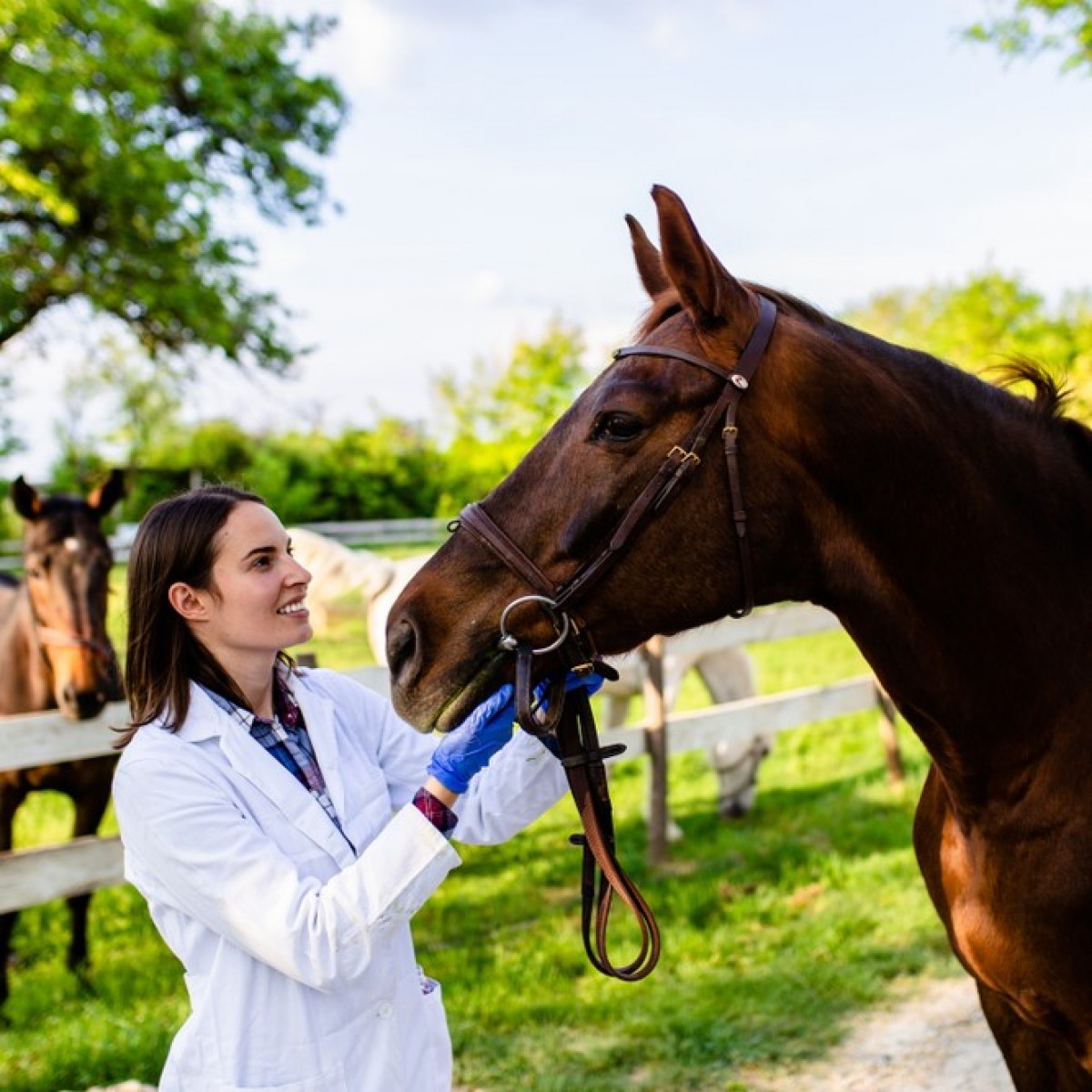



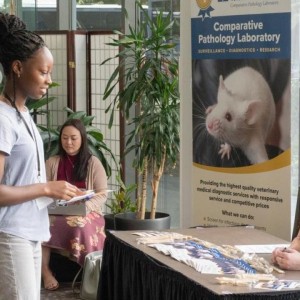
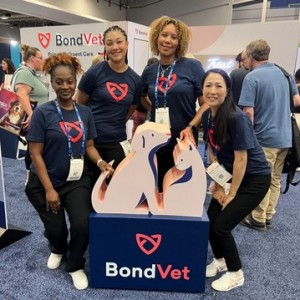
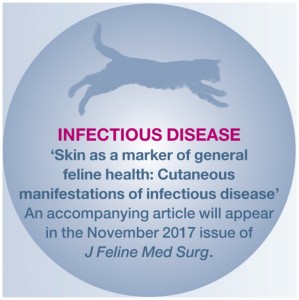
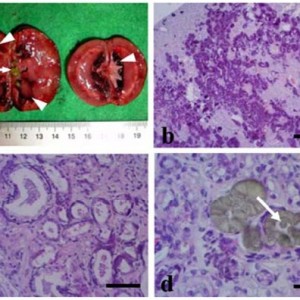
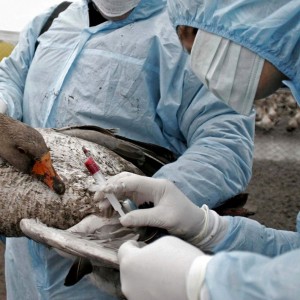

List
Add
Please enter a comment